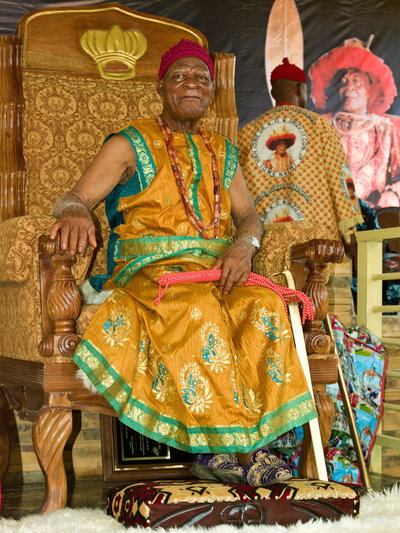The history of Nnewi: Nnewi, a vibrant city located in the southeastern part of Nigeria, has a rich history that spans several centuries. The origins of Nnewi can be traced back to ancient times, and its development over the years has made it one of the most industrious and economically prosperous cities in Nigeria. Here is a detailed history of Nnewi:
Ancient and Pre-colonial Era:
The earliest settlers in the region that is now known as Nnewi were believed to be of the Igbo ethnic group. The Igbo people have a long history in the southeastern part of Nigeria, and Nnewi is considered one of their ancient settlements. The exact date of the city's establishment is unknown, but it is thought to have existed for several centuries.
Nnewi was originally a small village, with its inhabitants engaged in subsistence farming, hunting, and traditional crafts. The community was organized into several extended families, with each family having its own ancestral lineage and chief.
Colonial Era:
During the colonial era, Nigeria was under British rule, and Nnewi, like other parts of the country, was influenced by British colonial policies and administration. The British presence introduced Western education, Christianity, and a cash-based economy to the region. Many Nnewi people embraced Western education and Christianity, which contributed to the city's later development.
Post-Colonial Era:
After Nigeria gained independence from British colonial rule in 1960, Nnewi, like other Nigerian cities, experienced rapid urbanization and economic growth. The city's strategic location, entrepreneurial spirit, and the industrious nature of its people played a significant role in its development.
The 1970s and 1980s marked a turning point for Nnewi's industrial sector. Many Nnewi indigenes, who had acquired business skills and capital, returned to the city from various parts of Nigeria and abroad to set up manufacturing companies. These entrepreneurs played a vital role in transforming Nnewi into an industrial hub.
The city's industrial sector expanded rapidly, with businesses involved in various manufacturing activities such as automobile parts, plastics, textiles, cosmetics, and pharmaceuticals. Nnewi became known as the "Japan of Africa" due to its thriving automobile spare parts industry. The Nnewi people's knack for innovation and adaptability contributed to their success in various sectors.
Contemporary Nnewi:
In recent years, Nnewi has continued to thrive economically and has become a major commercial center in Nigeria. The city is home to numerous industrialists, businessmen, and entrepreneurs who have achieved remarkable success in various sectors.
The people of Nnewi are known for their philanthropy and community development initiatives. Many prominent Nnewi indigenes have contributed significantly to the development of the city through various educational, healthcare, and infrastructure projects.
Nnewi's social and cultural life is vibrant, with annual festivals, traditional ceremonies, and community gatherings celebrating the city's heritage and traditions. The Nnewi people take pride in their cultural identity and continue to preserve their customs and traditions.
In summary, Nnewi's history is one of growth and transformation. From its ancient origins as a small village, it has evolved into a thriving industrial and commercial center in Nigeria. The entrepreneurial spirit and hard work of its people, combined with a rich cultural heritage, have contributed to Nnewi's success and prosperity.



Comments
Post a Comment